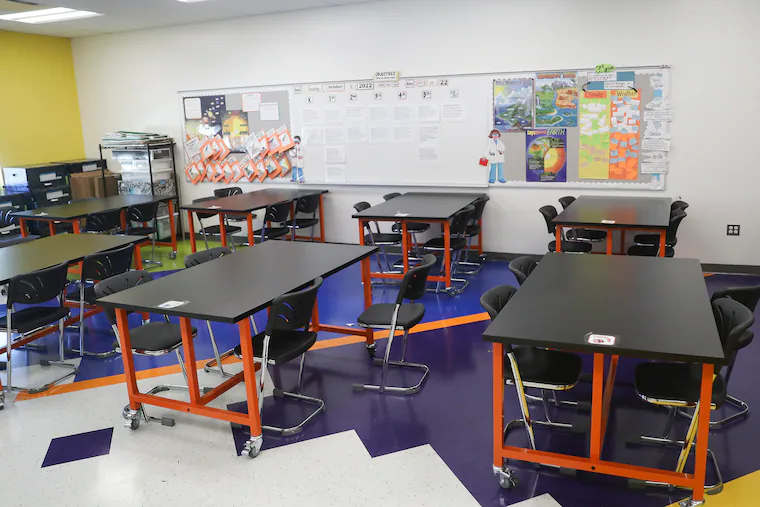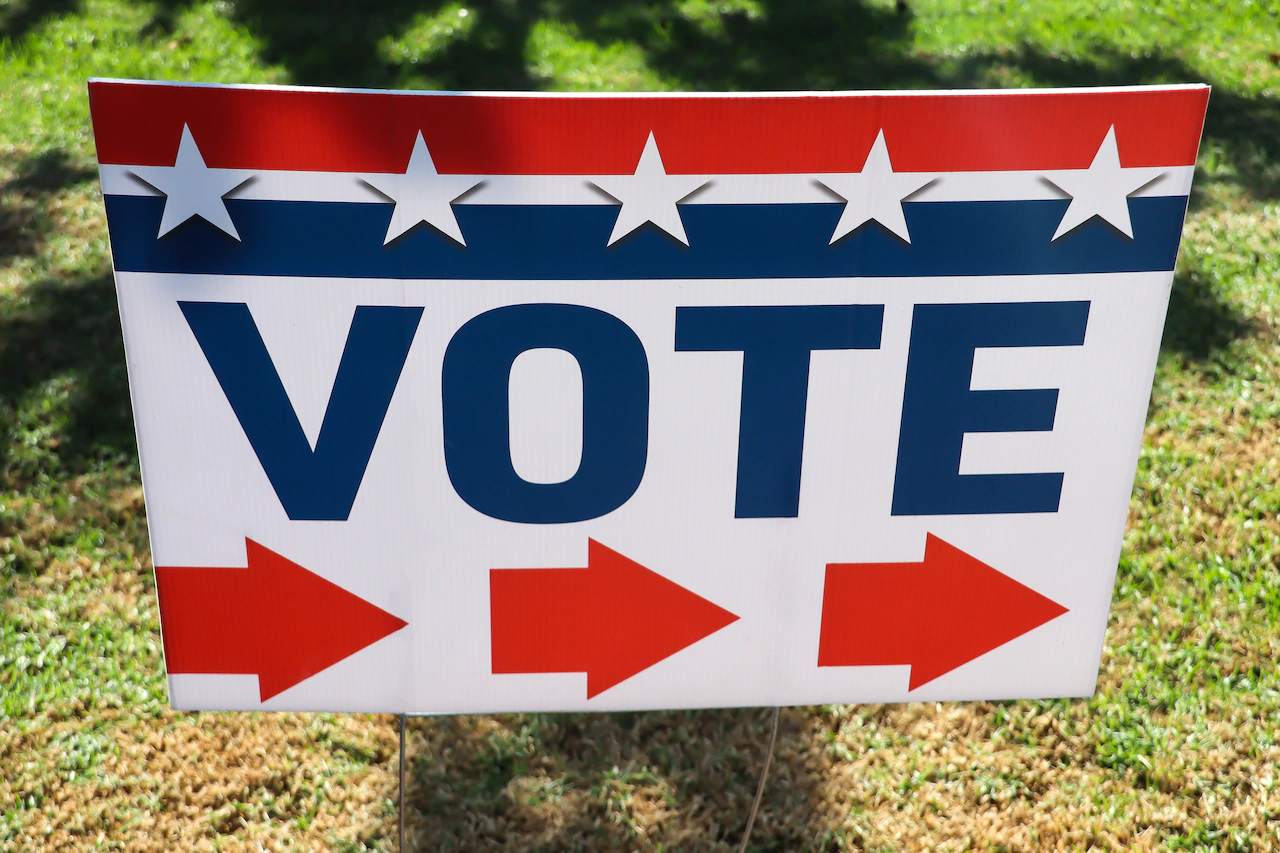Copyright The Philadelphia Inquirer

Hundreds of Philadelphia School District special education students are not getting services they are legally entitled to receive, those on the ground in city schools say — including speech, occupational therapy, and other supports. Amid a surge in students needing speech services, there are 25 vacancies, current speech language pathologists said in public testimony to the school board Thursday night. Each of those unfilled speech language pathologist positions would serve one or more district schools. More than 10,000 district students are federally guaranteed speech services based on their Individualized Education Plans, according to data from the Speech Language Pathologists Initiative for Pennsylvania Schools, a group of district SLPs. “We need to adequately staff the service providers,” said Emily Joy Goldberg, a speech language pathologist at Benjamin Franklin High School and Science Leadership Academy. “I’ve seen up close that we need to fully staff schools with district SLPs and other related service providers to provide our students what they need to learn.” In September, teachers and a parent from Strawberry Mansion High School told the board that her daughter and other students at the school who are supposed to receive related services — speech, occupational, and physical therapy — had none for more than a month. After Mansion community members sounded an alarm, the school was allotted a contracted speech language pathologist to provide services. But “unfortunately, this scenario” — students going completely without services for extended periods of time — “is not uncommon across the district,” the district SLP group said in written testimony submitted to the school board this month. Christina Clark, a spokesperson for the district, acknowledged the shortage but said 95% of the district’s speech language pathologist jobs are filled. “As a result of changing labor markets, the School District of Philadelphia joins school districts — and companies from all industries — across the country who are struggling with staffing shortages in different areas,“ Clark said in a statement. ”Nationally, there is an SLP shortage." She said the district has taken steps to address the issue, including updating procedures for notifying families when services are skipped and keeping records for compensatory services that families may utilize outside school, as well as using contractors to fill in and “exploring teletherapy providers/vendors.” A dramatic increase in demand for services The number of Philadelphia district students entering kindergarten who received Early Intervention services — a program for children with developmental delays — is increasing dramatically, the Philadelphia speech language pathologists’ group said. In 2024, there were 1,826 students entering kindergarten from Early Intervention; this year, the number jumped to 3,413 — a whopping 87% increase. “Most of these students will continue to require special education, including speech and language services,” the speech language pathologists wrote. And while the district hired more special education teachers to accommodate those children — it created 151 more special education positions — “there is no evidence to show a similar increase in the number of related service positions in the budget.” It is not clear precisely how many students are going without services. In some cases, the district is employing contract workers to provide services. But “consultants are not a long-term solution, and do not make a foundation for long-term support or learning,” Goldberg said. ‘They’re not getting what they need in school’ The situation is urgent, said one district speech language pathologist, who asked not to be identified for fear of reprisal. “Kids are missing out on services,” she said. “They’re not getting what they need in school.” Because many schools have unfilled positions, “there is an increase in legal cases, there is an increase in independent evaluations, and it’s a strain on the district’s resources,” the speech language pathologist said. Even in schools that do have district-related service providers, caseloads are large, the speech language pathologist said. “It’s extremely difficult to do everything that these kids need,” she said. “You’re seeing kids in larger groups and you’re not able to do as many of the supportive tasks, like the teacher collaboration, understanding the curriculum in depth. The big thing is these larger groups, and there’s this increased pressure and paperwork, which eventually effects recruitment and retention.” And the situation is not limited to speech language pathologists. According to district data, the school system has just 17 occupational therapists, but needs 26 additional OTs. (It is better staffed for school psychologists and physical therapists — there are just two vacancies for psychologists, and zero for PTs.)



